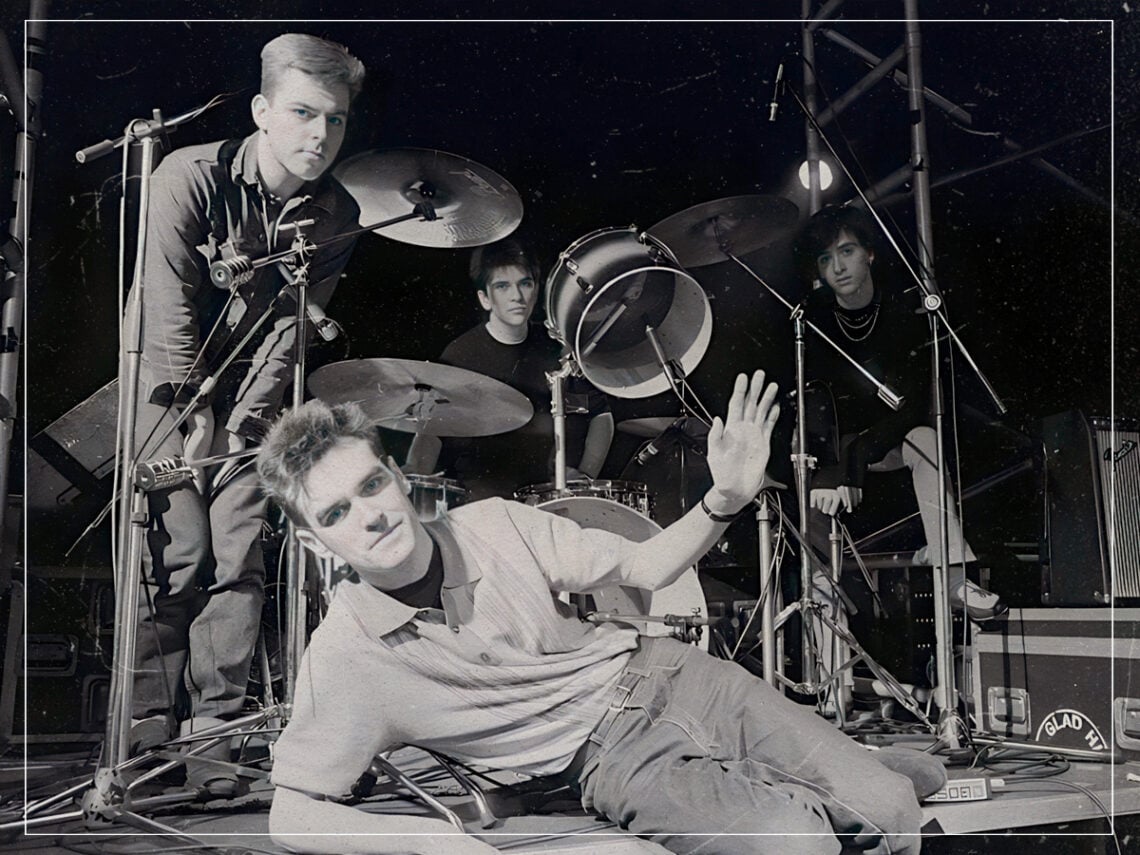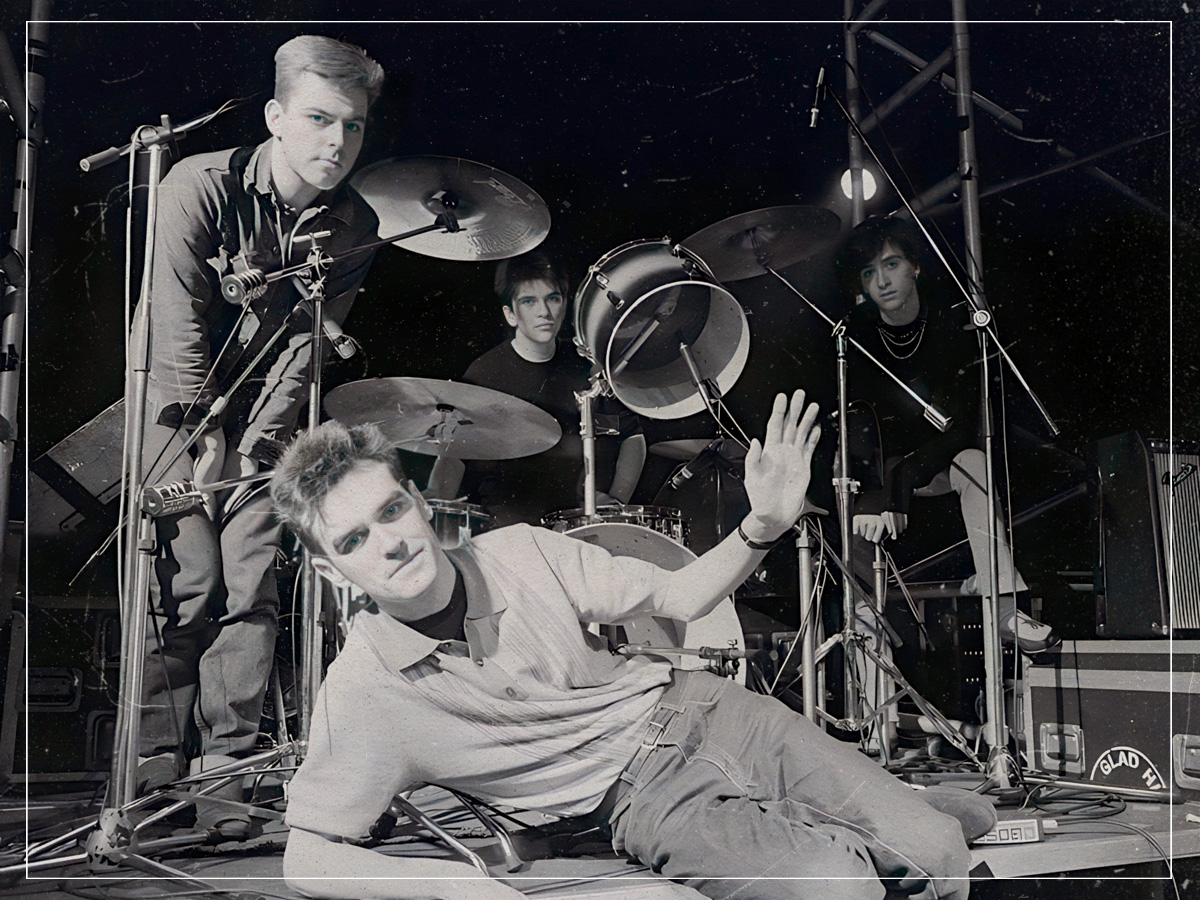
(Credits: Far Out / Alamy)
Sun 24 August 2025 12:00, UK
If there’s one thing that The Smiths haters and their fans agree on, it’s that their music is pretty miserable.
No – it’s depressing. It’s music you put on when you’re feeling sorry for yourself or when you’re in the mood for a good Morrissey-induced wallow. Not all of it is like that, of course, as a big part of loving their music comes with the familiarity of its contradictory nature. Like how some of the lyrics clash with the upbeat rhythms and melodies in a way that satiates our need for comedic self-deprecation every now and then.
But the truly downbeat ones – the ones that come hand-in-hand with a dark room and two fingers of whiskey – are something else entirely.
Several come to mind easily, like ‘Back to the Old House’ and ‘I Know It’s Over’. That last one literally includes the line, “Oh mother, I can feel the soil falling over my head”. Then there are ones like ‘Last Night I Dreamt That Somebody Loved Me’ as well, which, although brilliant, talks about the “false alarm” of believing somebody wants you. But there’s one that feels even more grim and gloomy than the rest, and that’s ‘Asleep’.
On paper, this song looks like the self-pitying ramblings of someone at the end of their tether. “Sing me to sleep,” Morrissey instructs, “And then leave me alone / Don’t try to wake me in the morning / ‘Cause I will be gone.” Even that feels a little dark for The Smiths. So much so that most people don’t even revisit it, because it’s simply too maudlin for most to consider it a pleasurable listen, unless you’re in a certain headspace.
It also says a lot that the song was only ever performed once, with reports recalling how Morrissey was in the fetal position by the end of it, which tells you all you need to know, really. But is it actually way too depressing for human consumption? There’s no real science behind that being the case, but there is science to suggest that some songs can actually send us into a depressive state, and when we put these against the song’s features and dynamics, it’s actually fairly revealing.
Just as upbeat music in major chords with catchy melodies can make us feel happier, music that is slow, melancholy-sounding, and with more notes inching towards minor chords and melodies can have the opposite effect. For example, if you’re listening to something like ‘Fade Into You’ by Mazzy Star, there are two opposing forces of joy and sadness there, which make it hard to feel one way or the other.
But with a song like ‘Asleep’, the slow pacing and vapid melody can push you into some kind of reflective state that makes you feel both down and resigned, or more like the general broodiness that comes with ruminating on something and letting it swallow you whole. And then there are the lyrics themselves, which do little to hide the fact that this is, in fact, a depressing song about being depressed.
Past reports have studied the effect of music on people with depression and noted that it can actually have a therapeutic effect. But these are all songs with similar dynamics. Dr Michael Bonshor, for instance, once said the happiest songs are in major keys, and mostly have a tempo of around 137 beats per minute as well as a formulaic structure (verse, chorus, verse, and so on). Going by this, The Beach Boys’ ‘Good Vibrations’ is one of the happiest songs of all time, ticking all the boxes that scientists say will make us feel immediately happier.
But it also makes a good case for why something like ‘Asleep’ does the exact opposite. There are no racing notes that lift our mood, no melodies or familiar structures that pull us in and encourage us to let go of our woes. If anything, it forces us to clutch onto them harder, leaning into the greyness of defeat and giving us the urge to lean into the dark corners of our minds. Or, in this case, get into a fetal position ourselves.
Related Topics

